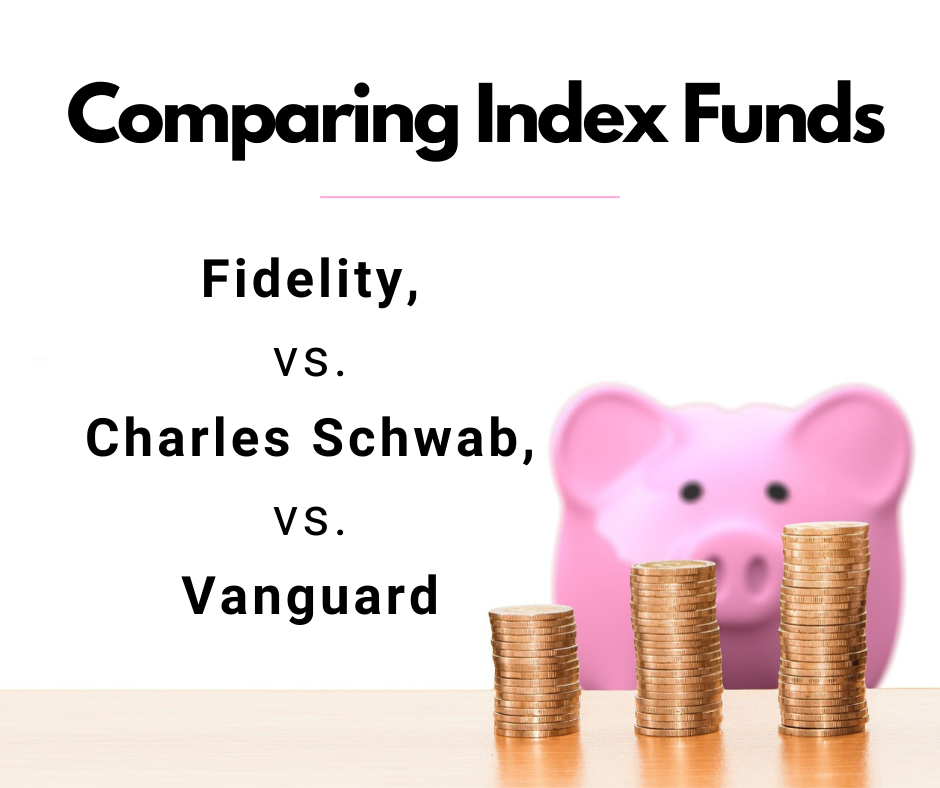Index Funds vs. Mutual Funds: The Short and Skinny
Written By: Nick Nguyen | Read full profile
This post contains affiliate links which means if you click on a link and choose to make a purchase I may receive a commission at no additional cost to you. You are not obligated to do so, but it does help fund these blogs in hopes of bringing value to you! See our disclaimer for more information.
People will often mistakenly mix these terms up when they start talking about the stock market. But, I just want to keep it simple here and show you the similarities and differences between Index and Mutual Funds.
Index Funds are passively managed and just buy companies to match a stock or bond market index. These indexes basically just cover a certain list of companies. For example, the S&P 500 index tracks the 500 largest companies in the U.S. whereas the Nasdaq tracks mainly technology and biotech companies. A fund manager will just load these companies into a fund and do very little to it. Occasionally, they’ll adjust the percentages of each company held in the portfolio, but they’re not actively trading things in and out every day. This is how they keep expense ratios low (around 0.015% to 0.25%).
Mutual Funds are actively managed and buy companies that may either mimic an index or an entire sector. Now most people get confused because we said it could track an index. It’s similar to index funds because you are able to hold shares of multiple different companies or bonds. The biggest difference is you have a fund manager with their arsenal of stock traders trying to buy low and sell high on all the positions held within that fund. Basically, they’re doing intense calculations and making decisions to maximize gains and minimize losses on a rather frequent schedule. This is typically why expense ratios are a bit higher (around 0.25% to 3%).
*Nguyening Lifestyles is not a registered financial service provider and does not give financial advice. All information in these posts are for entertainment purposes only. Nguyening Lifestyles is not liable for any actions or outcomes that transpired after your reading of the following post.






